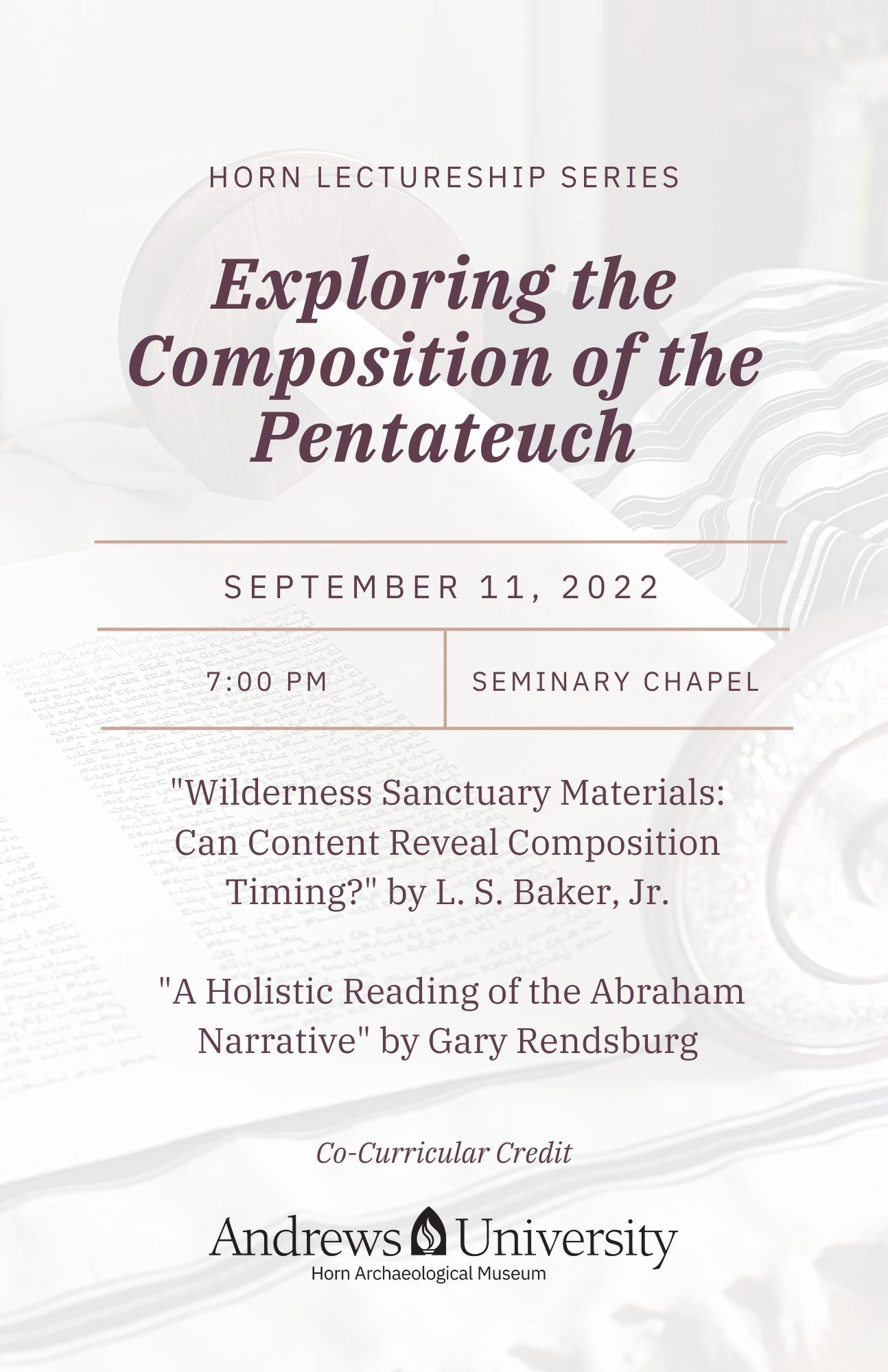The Historical-Critical Paradigm in Biblical Studies: A Critical Intellectual History
Presenter Status
Professor of Hebrew Bible, The Zalman Shamir Bible Department
Location
Seminary Chapel
Start Date
5-4-2016 9:00 AM
End Date
5-4-2016 9:50 AM
Session
Interrelations of Legal Material in Torah
Presentation Abstract
The Historical-Critical paradigm in biblical studies has cast itself as an objective, scientific and enlightened alternative to the purportedly naïve, pietistic ways of reading Scripture that had prevailed before the Enlightenment. In this paper I trace the development of the paradigm over its initial formative period - the two hundred years between Spinoza and Wellhausen. I claim that the paradigm itself is a product of the intellectual winds of this period and bears the indelible mark of a series of biases and methodological assumptions that are the product of the cultures of the Enlightenment and of nineteenth century German historicism and romanticism. From our perspective today it is possible to lay bare these assumptions and critically examine how they have negatively influenced the rigorous, critical scholarship of the Hebrew Bible.
Biographical Sketch
Joshua Berman is a professor of Hebrew Bible at Bar-Ilan University, Israel and a fellow at the Herzl Institute, Jerusalem. He holds a BA in Religion from Princeton, a PhD in Hebrew Bible from Bar-Ilan University, and Orthodox ordination from the Israeli Chief Rabbinate. He is the author of Narrative Analogy in the Hebrew Bible: Battle Stories and Their Equivalent Non-battle Narratives (Brill, 2004), and of Created Equal: How the Bible Broke with Ancient Political Thought (Oxford, 2008), a National Jewish Book Award Finalist in Scholarship. He is currently finishing work on a volume to be titled: Composing Inconsistency: The Pentateuch and Ancient Convention.
The Historical-Critical Paradigm in Biblical Studies: A Critical Intellectual History
Seminary Chapel
The Historical-Critical paradigm in biblical studies has cast itself as an objective, scientific and enlightened alternative to the purportedly naïve, pietistic ways of reading Scripture that had prevailed before the Enlightenment. In this paper I trace the development of the paradigm over its initial formative period - the two hundred years between Spinoza and Wellhausen. I claim that the paradigm itself is a product of the intellectual winds of this period and bears the indelible mark of a series of biases and methodological assumptions that are the product of the cultures of the Enlightenment and of nineteenth century German historicism and romanticism. From our perspective today it is possible to lay bare these assumptions and critically examine how they have negatively influenced the rigorous, critical scholarship of the Hebrew Bible.




Images